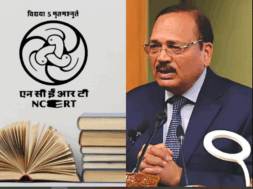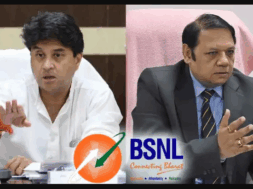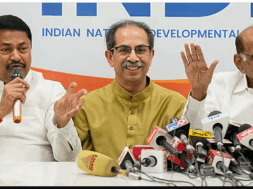
Moonlighting: ‘No double-life allowed’, Wipro, Infosys warn employees
Virendra Pandit
New Delhi: After Wipro, another IT behemoth Infosys has also warned its employees against having a double life—or ‘moonlighting’—wherein they work surreptitiously for others, and often return to work, exhausted, the next morning.
In an email to its employees, titled “No Double Lives”, Infosys warned it will not allow moonlighting and violations may lead to termination, reminding them about service rules.
A few days ago, Wipro Chairman Rishad Premji had called the trend “cheating—plain and simple”, according to media reports.
“… dual employment is not permitted as per the Employee Handbook and the Code of Conduct,” said Infosys.
That the company disallows moonlighting, without its consent, is also cited in the offer letters it sends to employees.
“The consent may be given subject to any terms and conditions that the company may think fit and may be withdrawn at any time at the discretion of the company.”
The moonlighting issue hit headlines in August after the food-aggregator platform Swiggy permitted its employees to work on external projects for money or pro-bono for non-profit organizations.
Reacting to it, the Wipro chief, on August 20, tweeted his disapproval and trashed the very idea of moonlighting.
With attrition peaking in the IT sector, firms are struggling to find and keep talent as they brace for a tough business environment amid a potential slowdown in the global economy.
But some non-profits are protesting against IT majors’ warnings.
The Nascent Information Technology Employees Senate (NITES), a non-profit group, protested Infosys’ warning: “IT Employees are working more than 9 hours a day with no overtime benefits. Would there be any energy or time left if an employee is working 10-12 hours a day? Also, many IT companies have developed monitoring systems to measure employee productivity.
“Employees have contracted to work with Infosys for 9 hours only. What the employees do outside working hours is their prerogative. Article 21 of the Constitution of India has provided the Right to Livelihood to every citizen, hence such emails sent to the employees are illegal and unethical. Citing clauses of contract will not help Infosys in the court of law as the clauses are included arbitrarily,” it added.














